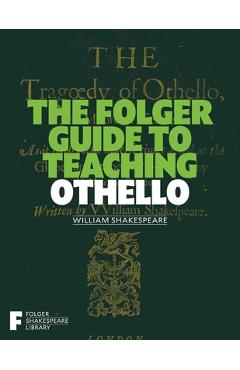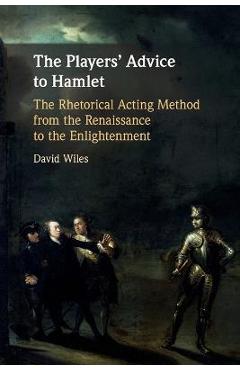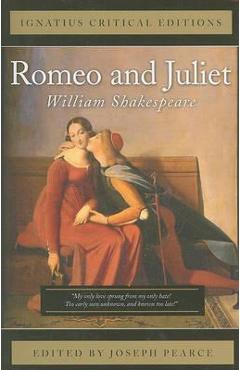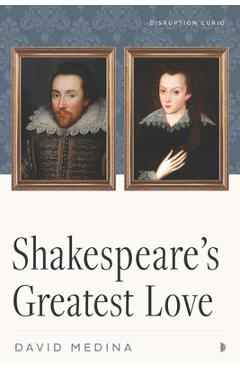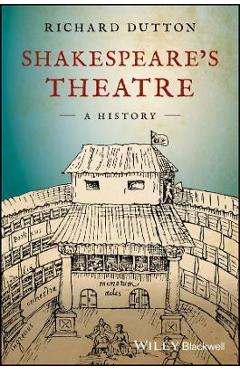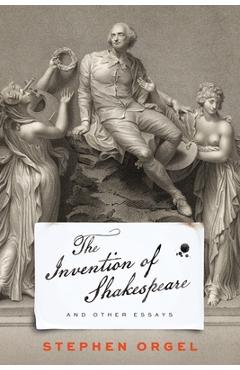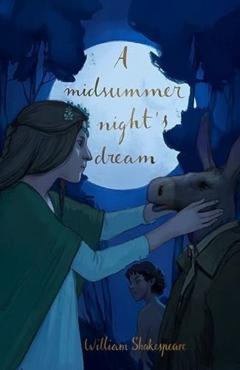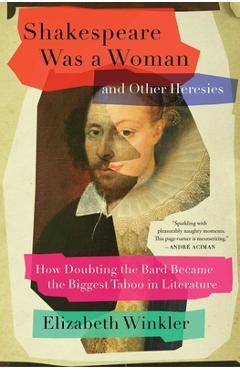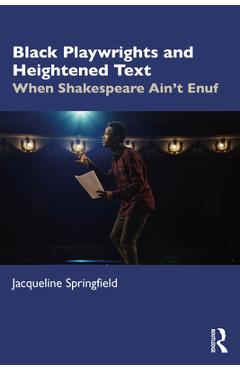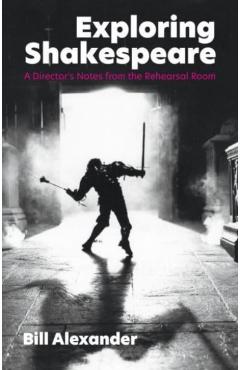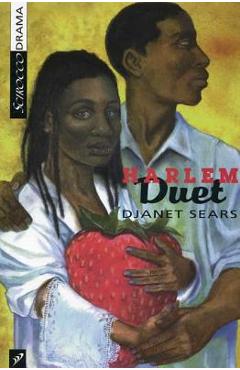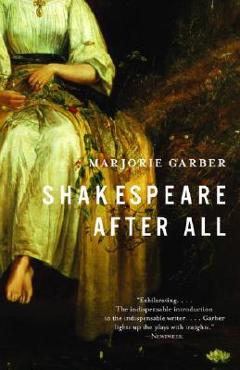The Masks of Othello: The Search for the Identity of Othello, Iago, and Desdemona by Three Centuries of Actors and Critics
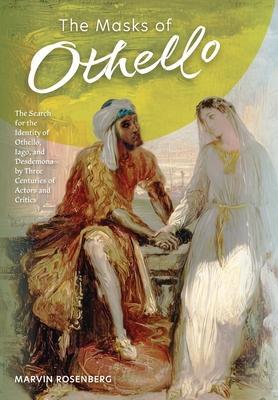
The Masks of Othello: The Search for the Identity of Othello, Iago, and Desdemona by Three Centuries of Actors and Critics
In this 1961 work, Rosenberg explores some of Shakespeare's most complex characters, and aims to help us understand how three people who are capable of such wrong-especially Iago and Othello-can yet inspire the audience's compassion.
Born in Fresno, California, in 1912 to Russian immigrant parents, Rosenberg was a student of English throughout his life. He earned his B.A. and M.A. in English from the University of California at Berkeley, followed by a stint working for the U.S. State Department during World War II. He then returned to UC Berkeley for his Ph.D. in English. He later joined the college faculty as a journalism professor, but eventually transferred to the Department of Dramatic Art.
During this time, Rosenberg and his students set to documenting the way Shakespeare's works have been staged since they were first performed in the late 16th and early 17th centuries. Rosenberg used this material to trace the way the bard's scenes and characters have been reinterpreted and altered over the ensuing 350 years. The Masks of Othello was the first in a series of Masks books that would eventually include The Masks of King Lear (1972), The Masks of Macbeth (1978), The Masks of Hamlet (1992), and the posthumous The Masks of Anthony and Cleopatra (2006).
In this first work, Rosenberg explores the complexity and differing interpretations of noble yet jealous Othello, naïve Desdemona, and conniving Iago over 357 years of productions. Rosenberg writes, "Since a staged play is a public event, performed before a willing audience, the actors' characterizations were partly products of their times, and to understand their differences we must know something of how a changing society influenced them, as it responded to them."
This is particularly true of Othello, as it is one of Shakespeare's most sexually charged works-a "problem" to be solved in restrictive 18th century society. Many productions chose to "eliminate verbal and visual imagery that was erotic or in 'bad taste'..." including references to nudity and men and women lying toget
PRP: 206.58 Lei
Acesta este Pretul Recomandat de Producator. Pretul de vanzare al produsului este afisat mai jos.
185.92Lei
185.92Lei
206.58 LeiIndisponibil
Descrierea produsului
In this 1961 work, Rosenberg explores some of Shakespeare's most complex characters, and aims to help us understand how three people who are capable of such wrong-especially Iago and Othello-can yet inspire the audience's compassion.
Born in Fresno, California, in 1912 to Russian immigrant parents, Rosenberg was a student of English throughout his life. He earned his B.A. and M.A. in English from the University of California at Berkeley, followed by a stint working for the U.S. State Department during World War II. He then returned to UC Berkeley for his Ph.D. in English. He later joined the college faculty as a journalism professor, but eventually transferred to the Department of Dramatic Art.
During this time, Rosenberg and his students set to documenting the way Shakespeare's works have been staged since they were first performed in the late 16th and early 17th centuries. Rosenberg used this material to trace the way the bard's scenes and characters have been reinterpreted and altered over the ensuing 350 years. The Masks of Othello was the first in a series of Masks books that would eventually include The Masks of King Lear (1972), The Masks of Macbeth (1978), The Masks of Hamlet (1992), and the posthumous The Masks of Anthony and Cleopatra (2006).
In this first work, Rosenberg explores the complexity and differing interpretations of noble yet jealous Othello, naïve Desdemona, and conniving Iago over 357 years of productions. Rosenberg writes, "Since a staged play is a public event, performed before a willing audience, the actors' characterizations were partly products of their times, and to understand their differences we must know something of how a changing society influenced them, as it responded to them."
This is particularly true of Othello, as it is one of Shakespeare's most sexually charged works-a "problem" to be solved in restrictive 18th century society. Many productions chose to "eliminate verbal and visual imagery that was erotic or in 'bad taste'..." including references to nudity and men and women lying toget
Detaliile produsului









